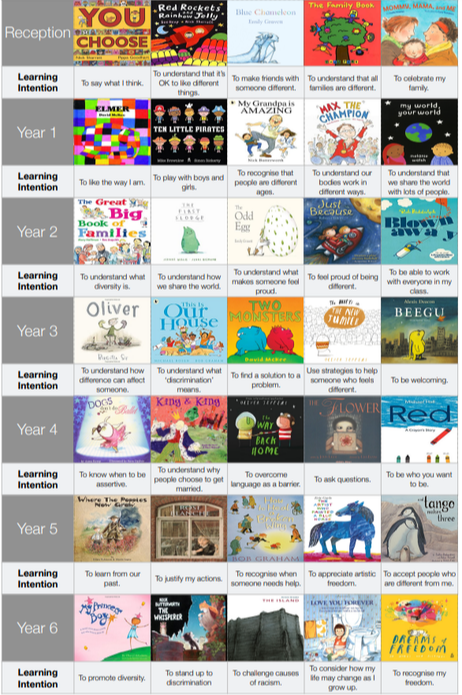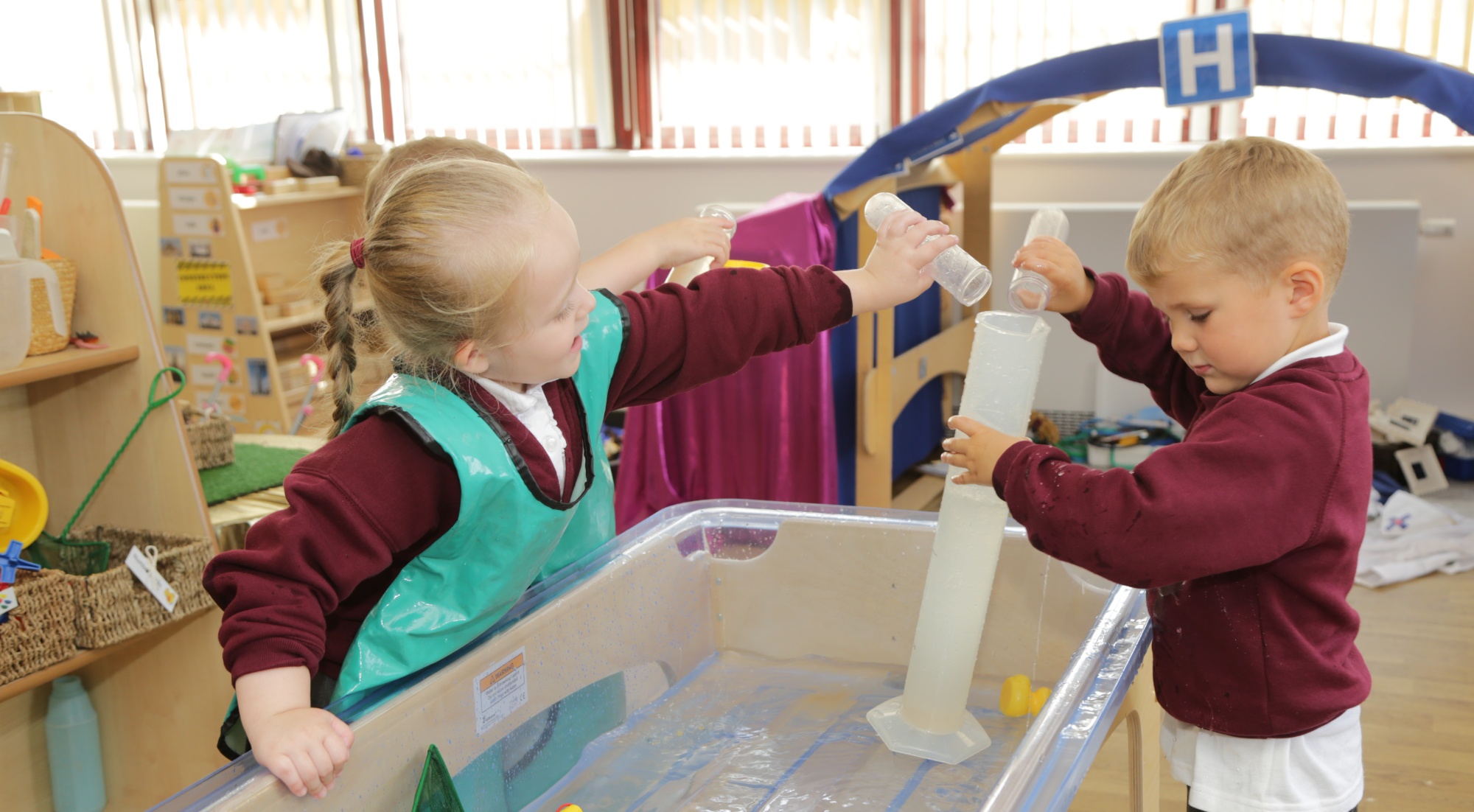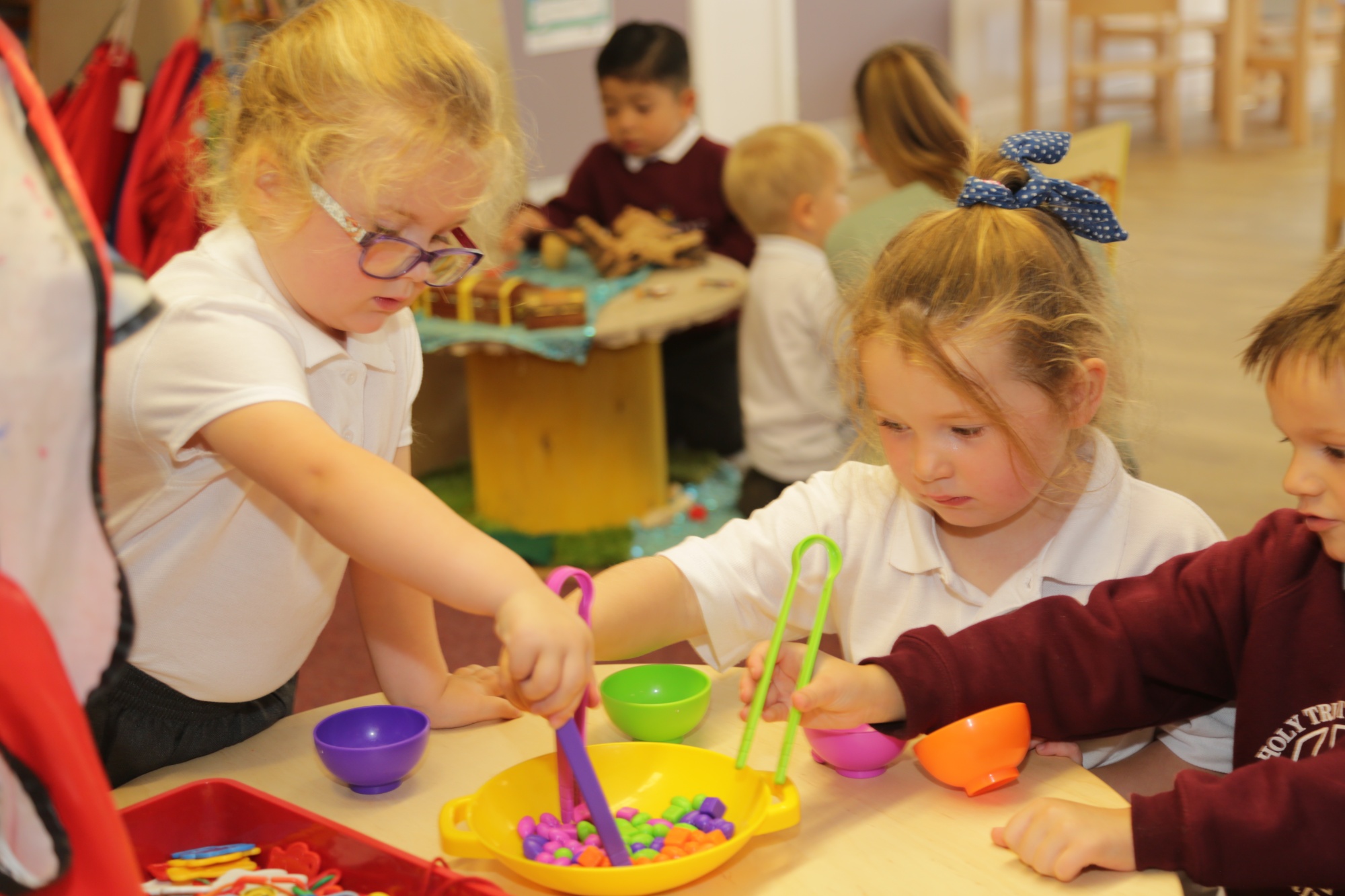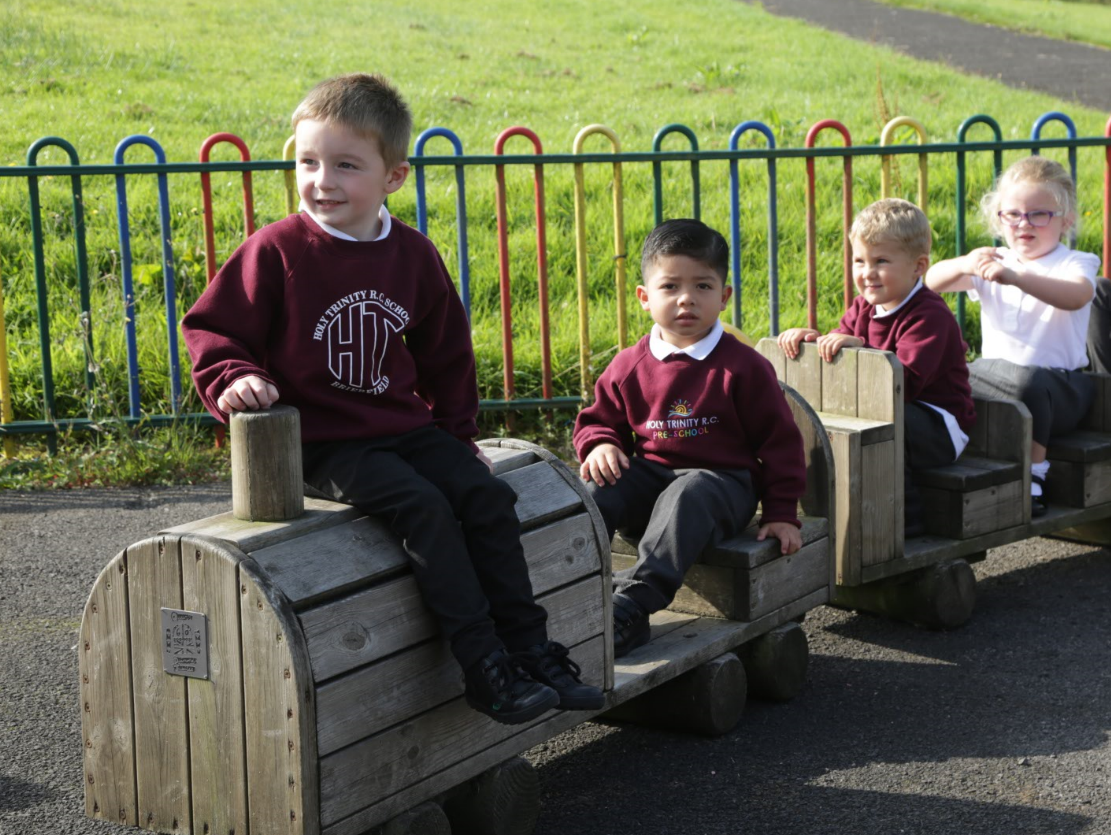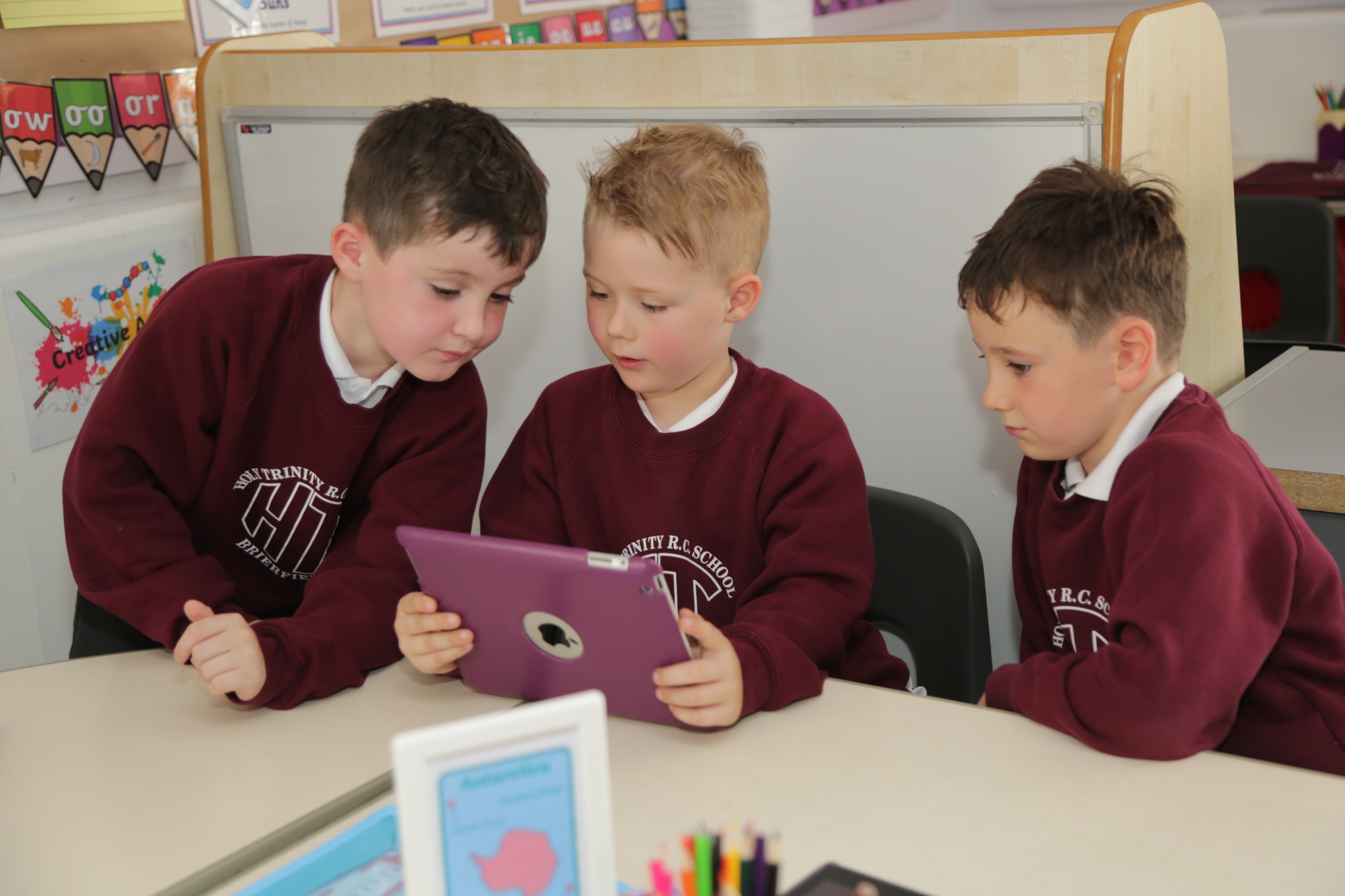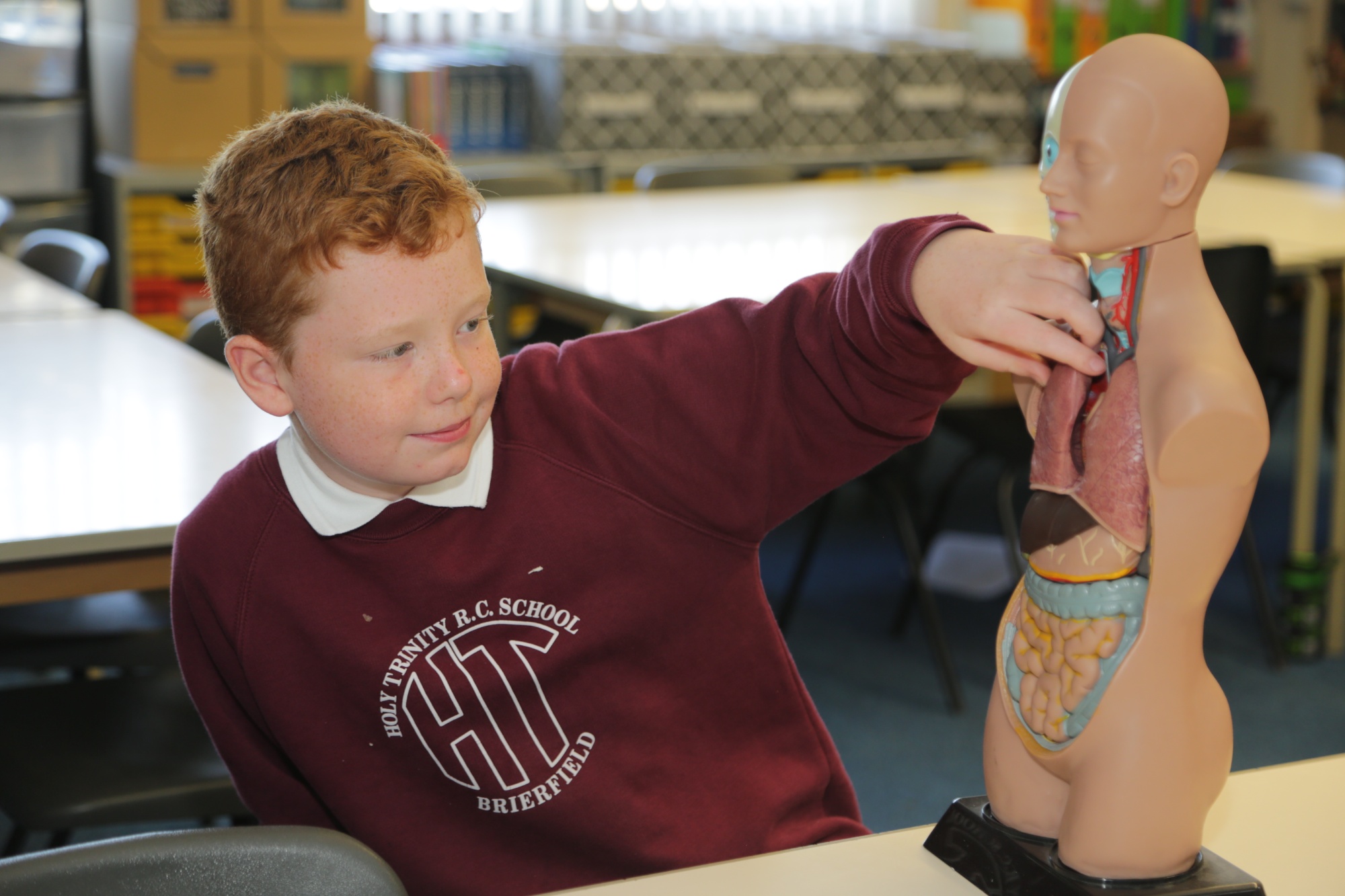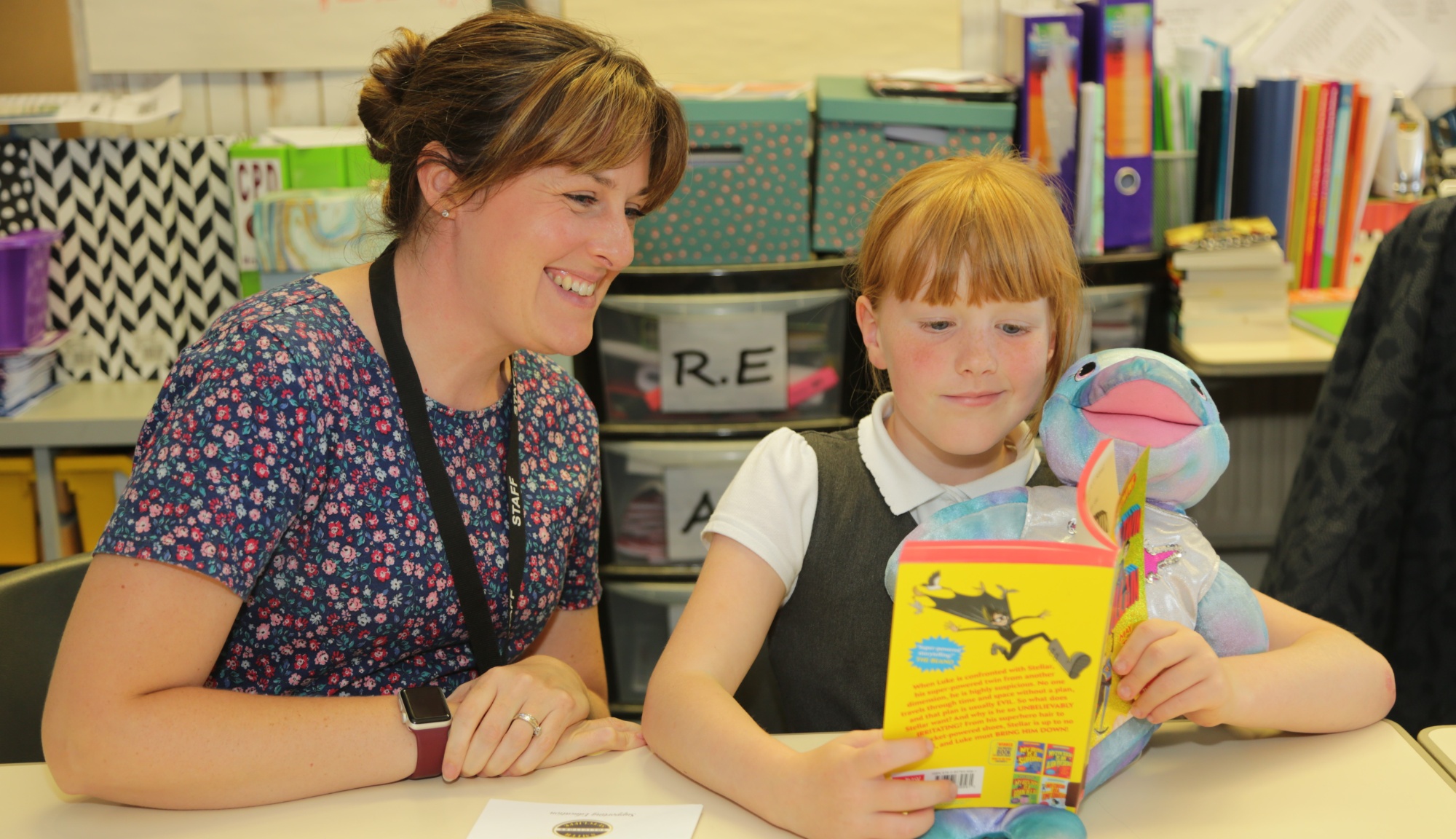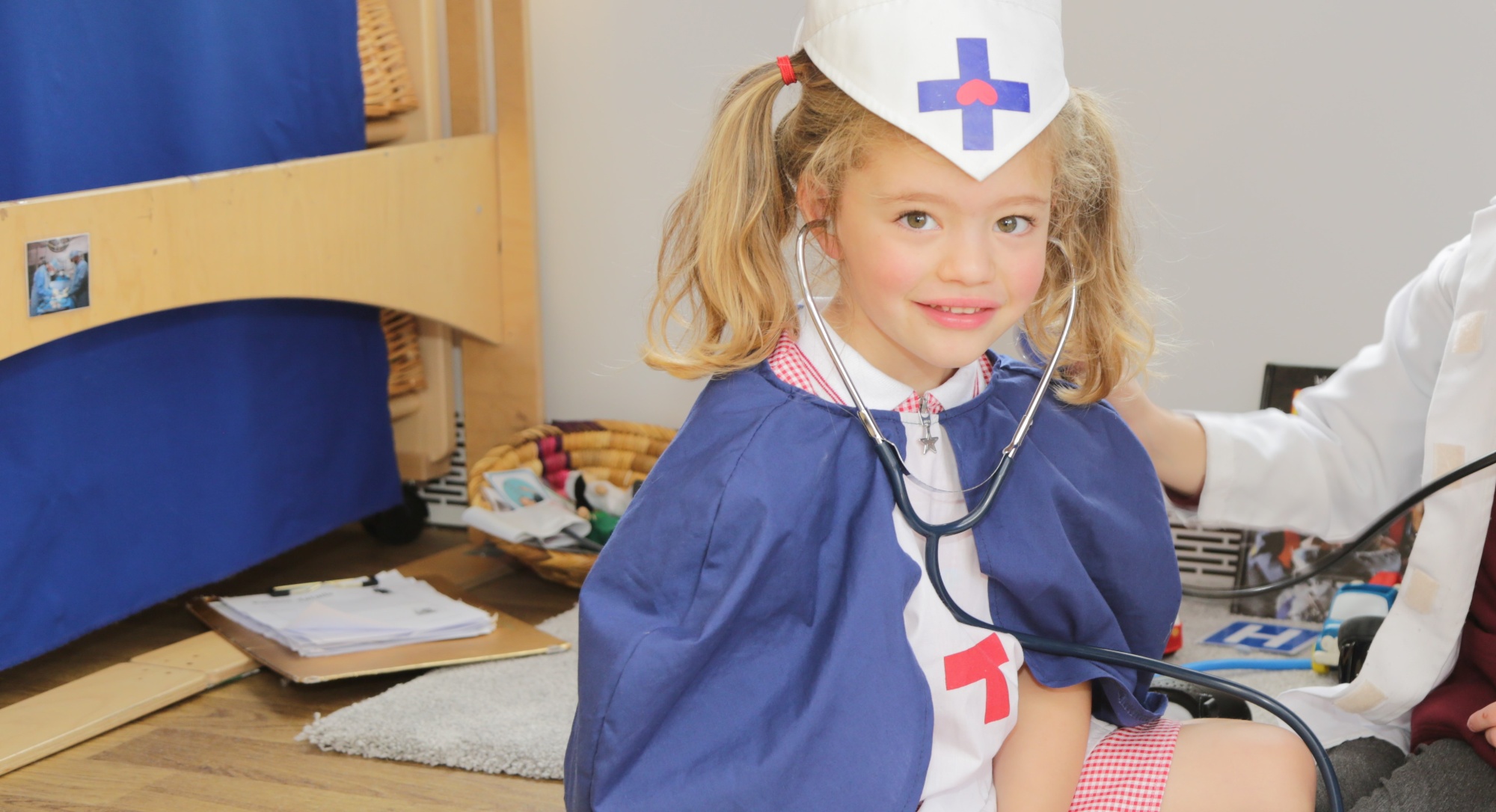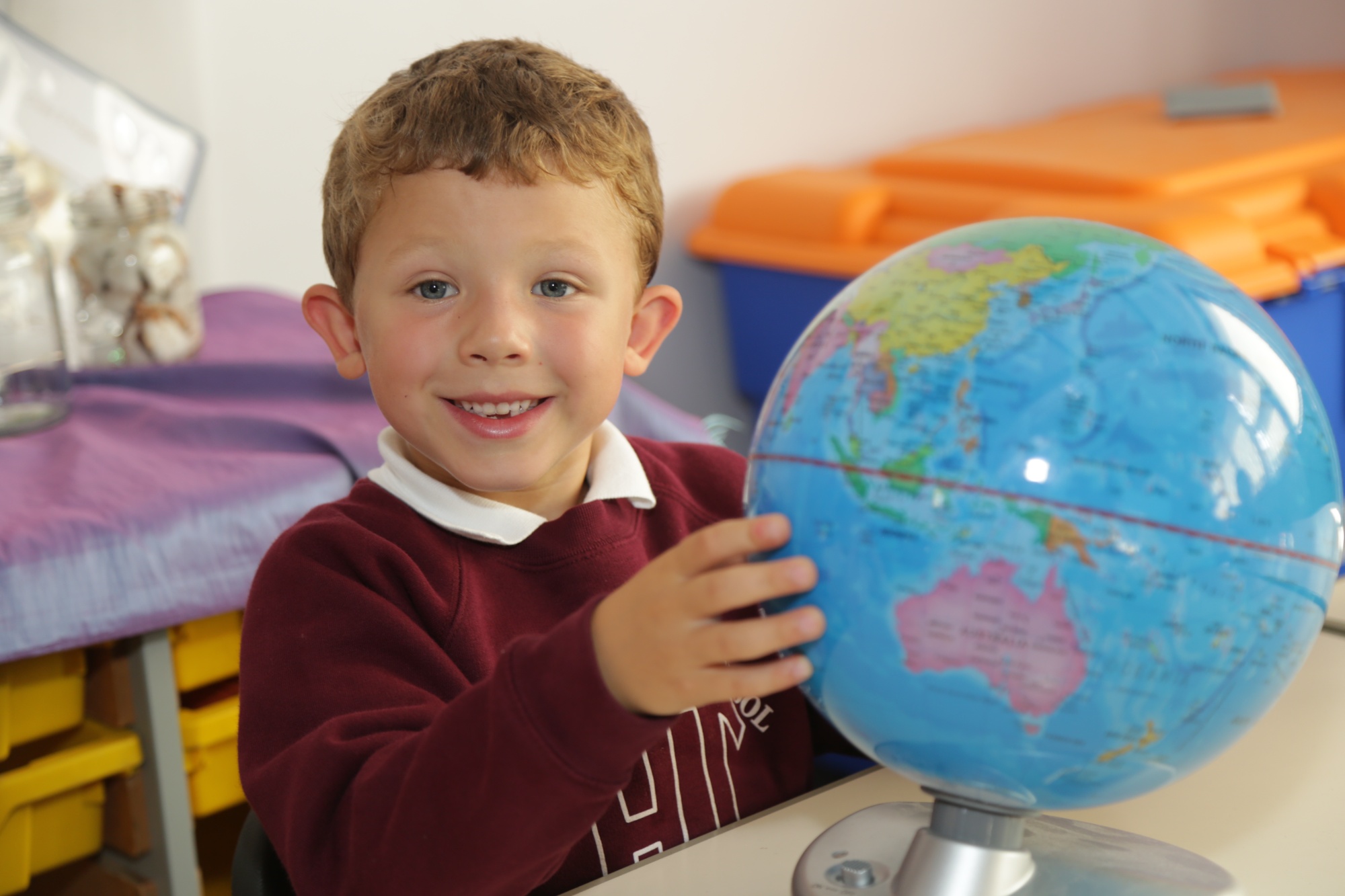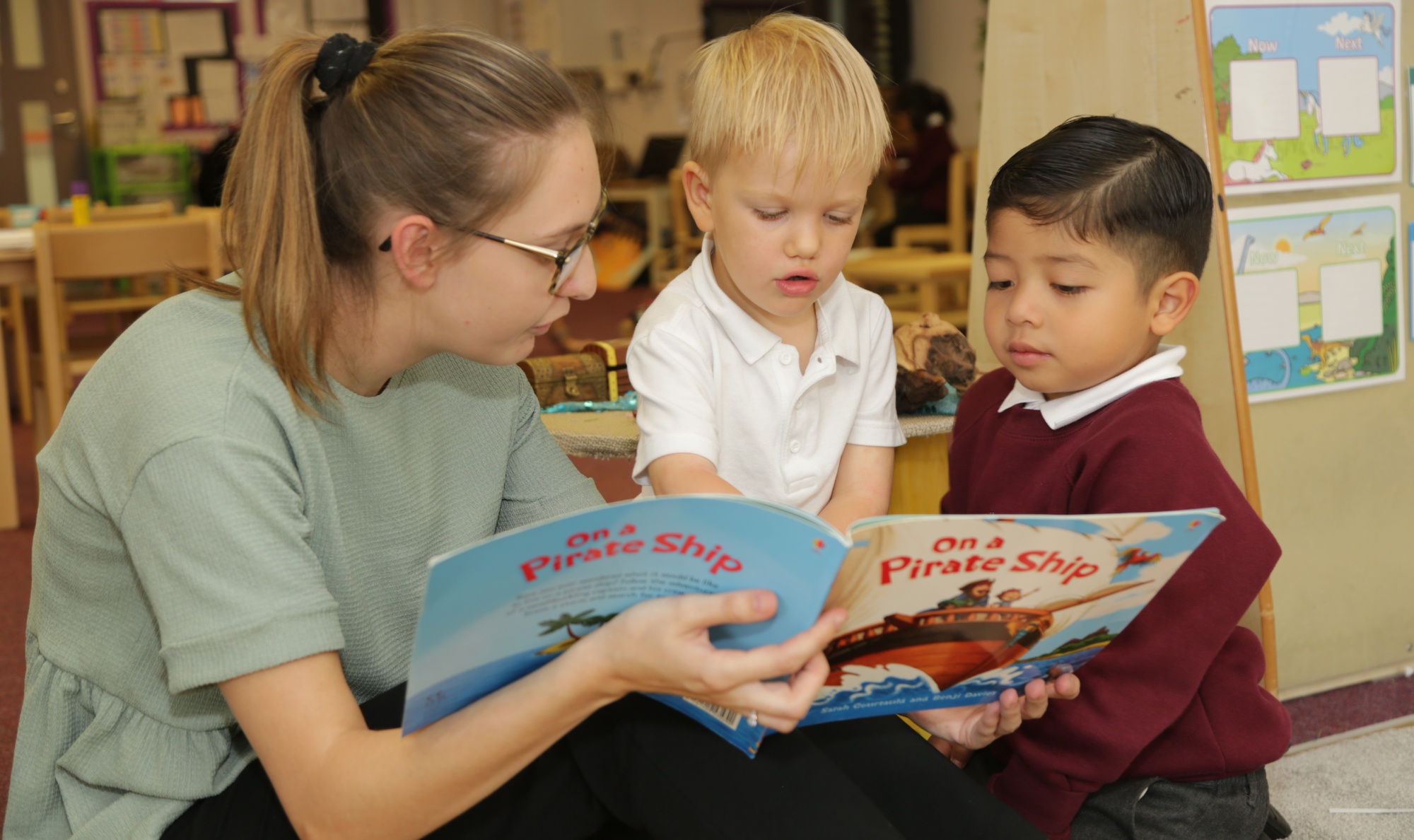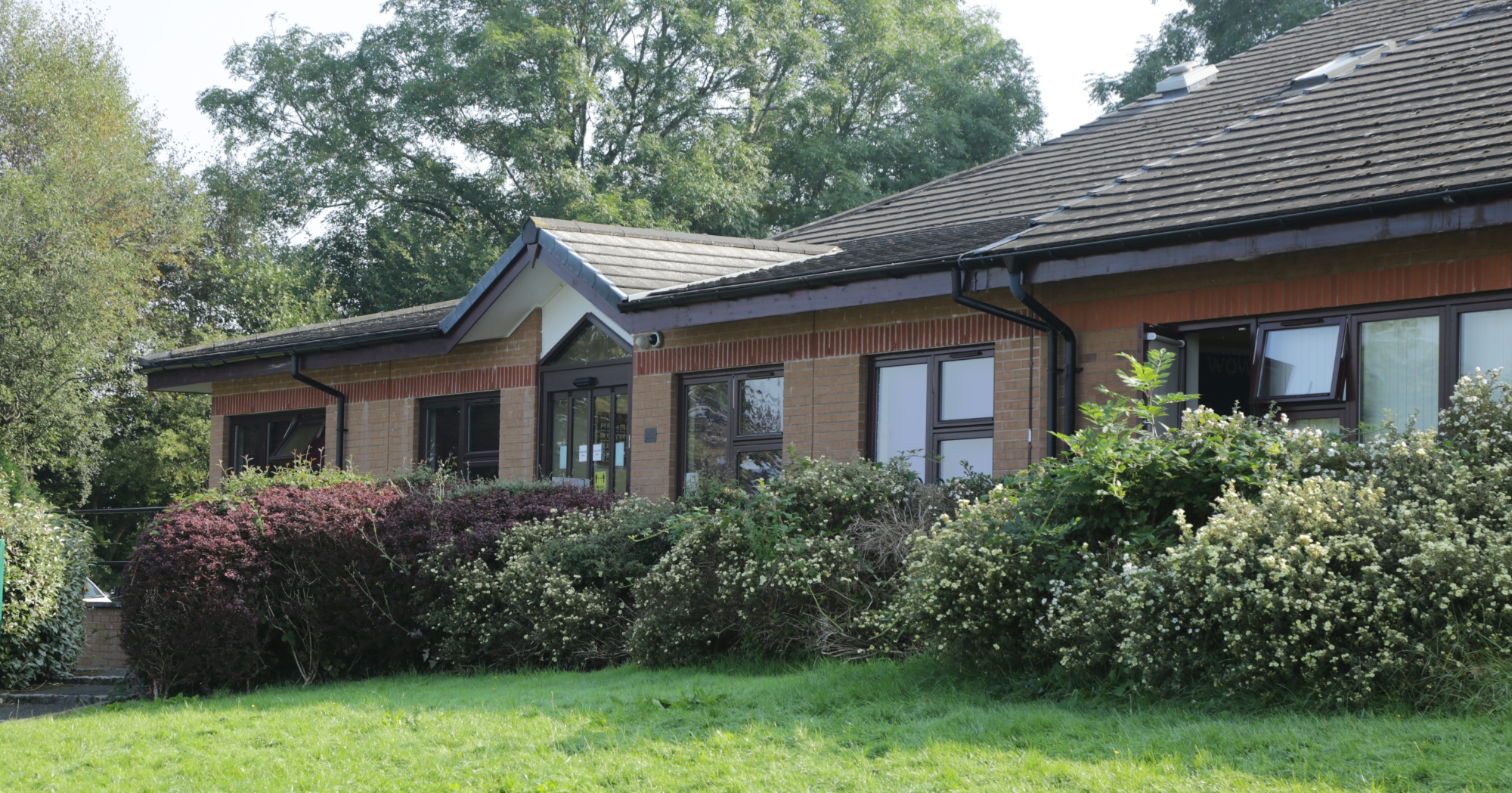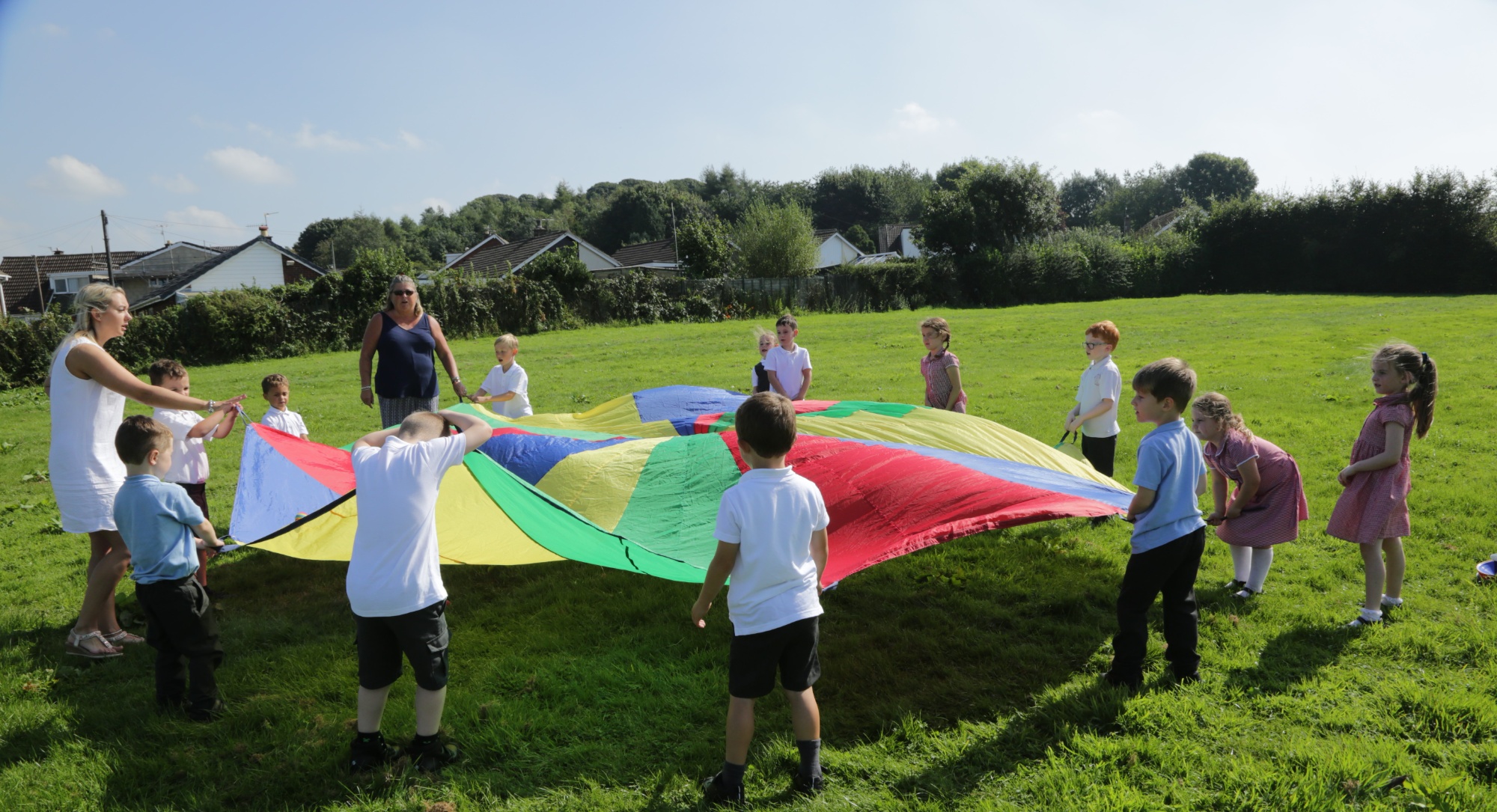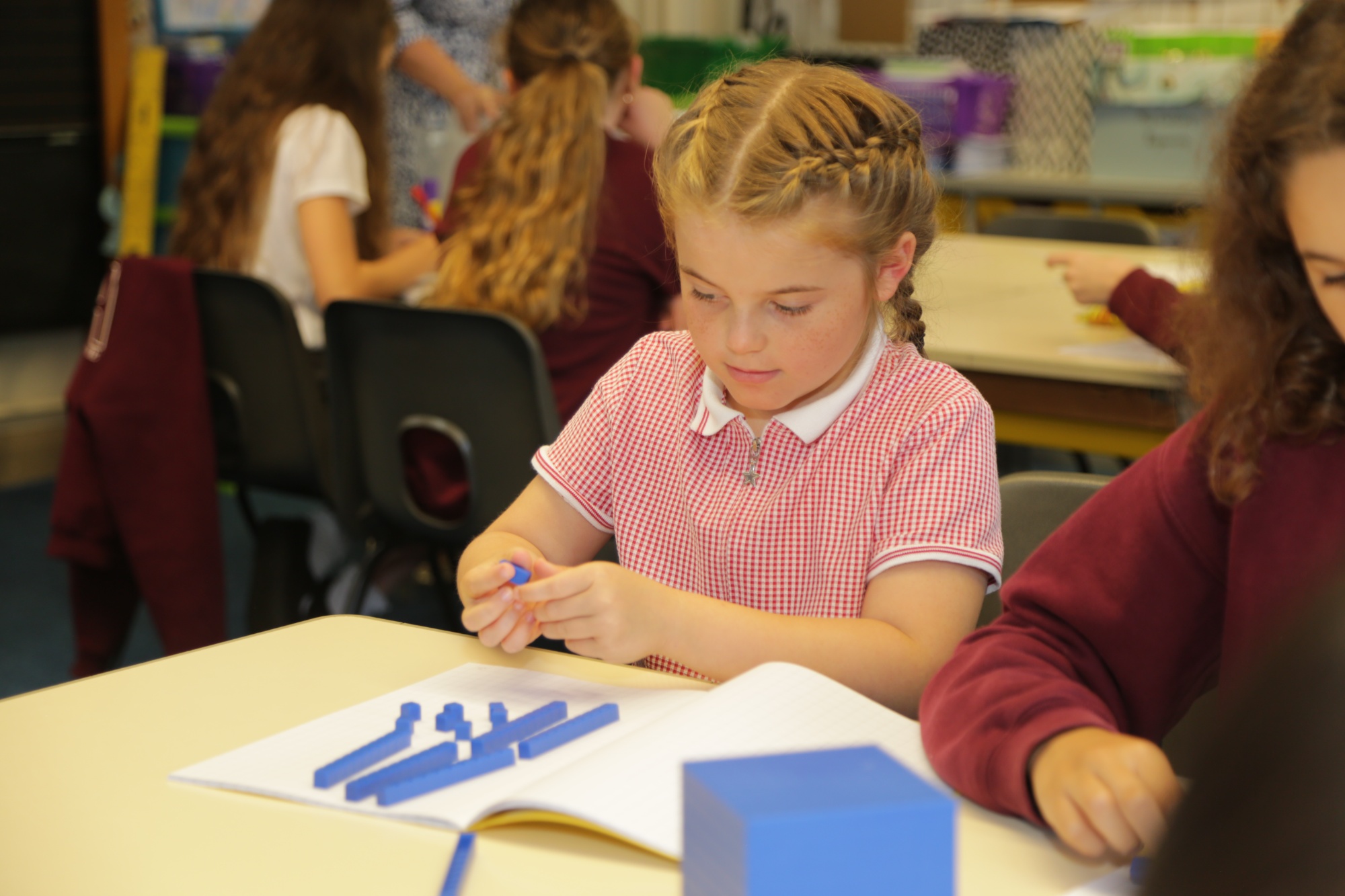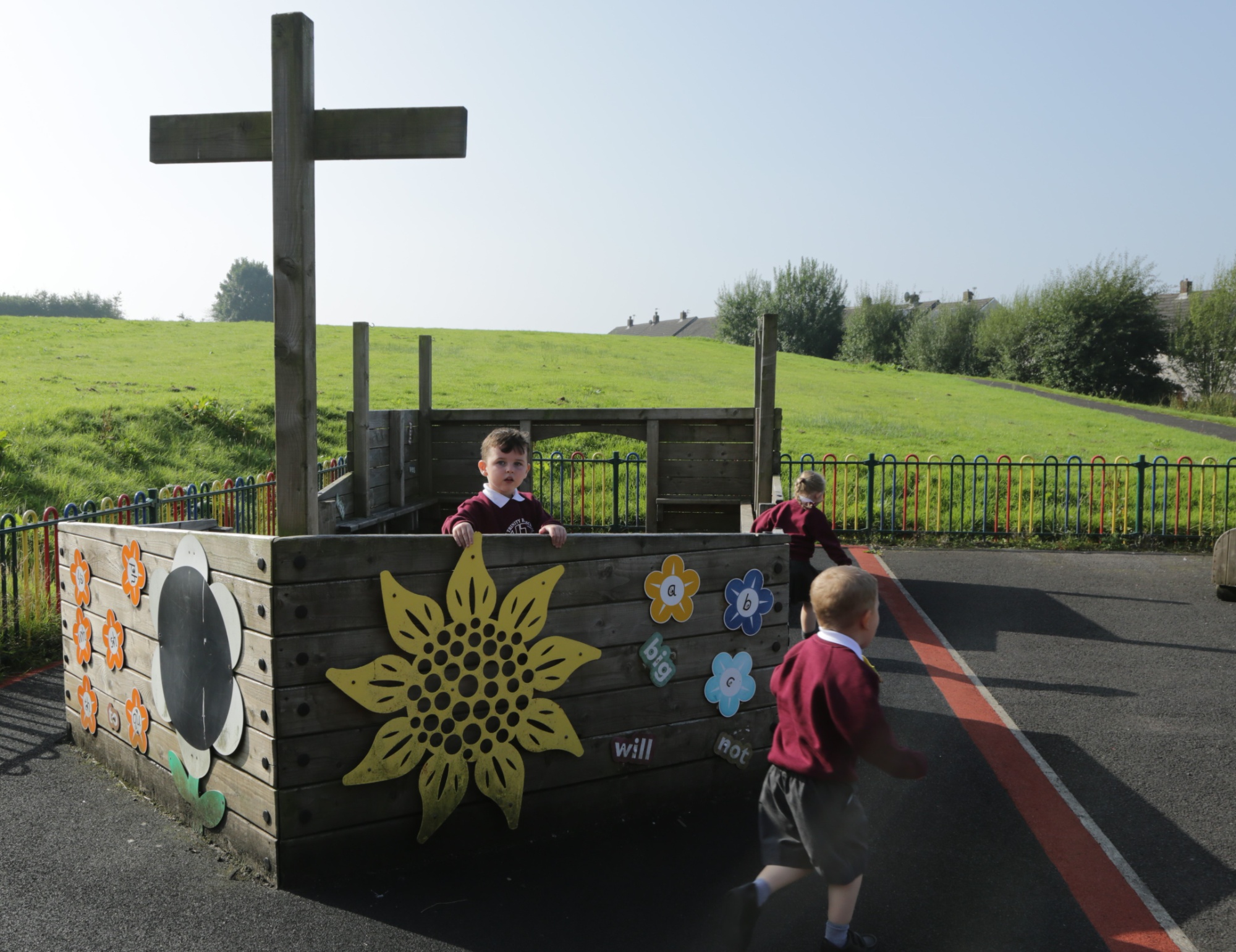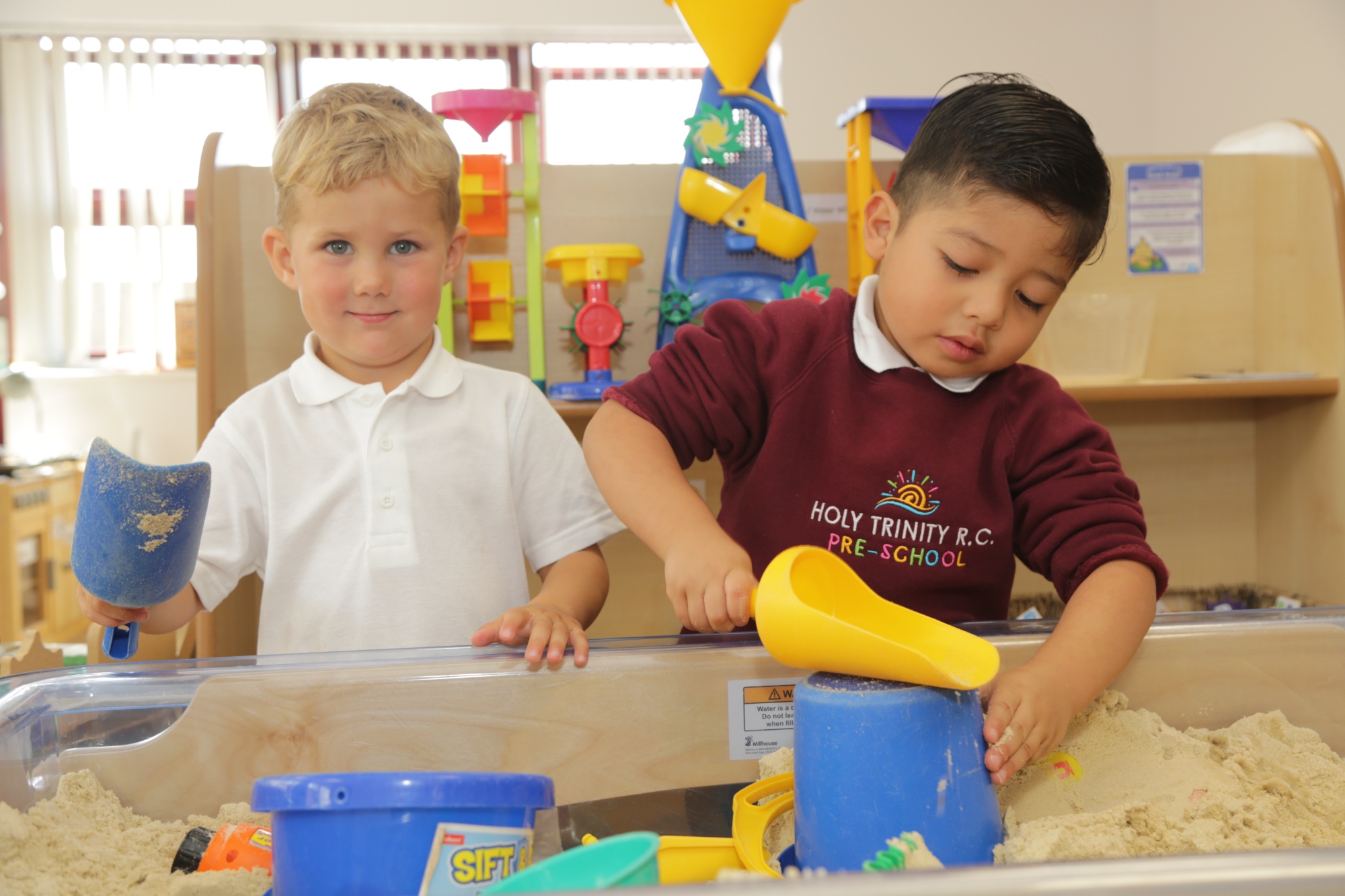
Protected Characteristics
Promoting the Protected Characteristics at Holy Trinity RC Primary School
We work to ensure that our children understand that:
Everyone is different;
We celebrate our differences;
We are all equal in our differences and;
There are no outsiders at Holy Trinity
The Equality Act became law in 2010. It covers everyone in Britain and protects people from discrimination, harassment and victimisation. Everyone in Britain is protected. This is because the Equality Act protects people against discrimination because of the protected characteristics that we all have. Under the Equality Act, there are nine Protected Characteristics:
- Age
- Disability
- Gender reassignment
- Race
- Religion or belief
- Marriage or civil partnership
- Sex
- Sexual orientation
- Pregnancy and maternity
Schools are not required to teach about all the protected characteristics in every year group. The curriculum should be planned and delivered so that children develop age-appropriate knowledge and understanding during their time at the school.
There are a range of ways schools can choose to teach about these issues in an age-appropriate way. Primary schools could, for example, teach pupils about the different types of family groups that exist within society.
Life to the Full and Protected Characteristics:
In Life to the Full, we take a holistic approach to the teaching of all RSHE subject matters including teaching on the Protected Characteristics. We have a continuous, age-appropriate approach to the teaching of the subject from 4 to 11.
- In KS1, we look at family structures (particularly KS1, Module 2, Unit 2: Special People) and provide guidance for schools on talking about different family structures.
- In Lower KS2, we explore similarities and differences (LKS2 Module 1, Unit 2: We Don’t Have To Be The Same) and deepen children’s exploration of family and others in LKS2 Mod2 Unit 2: Family, Friend and Others.
- In Upper KS2, we explore difference once again through the Paradise Street series, including discussion around ‘two mums and two dads’ etc.
Burnley Football Club in the Community visited us to deliver an assesmly on Racism. They held a competition to design a poster and two of our children from Class 4 won an array of prizes including some BFC goodies.
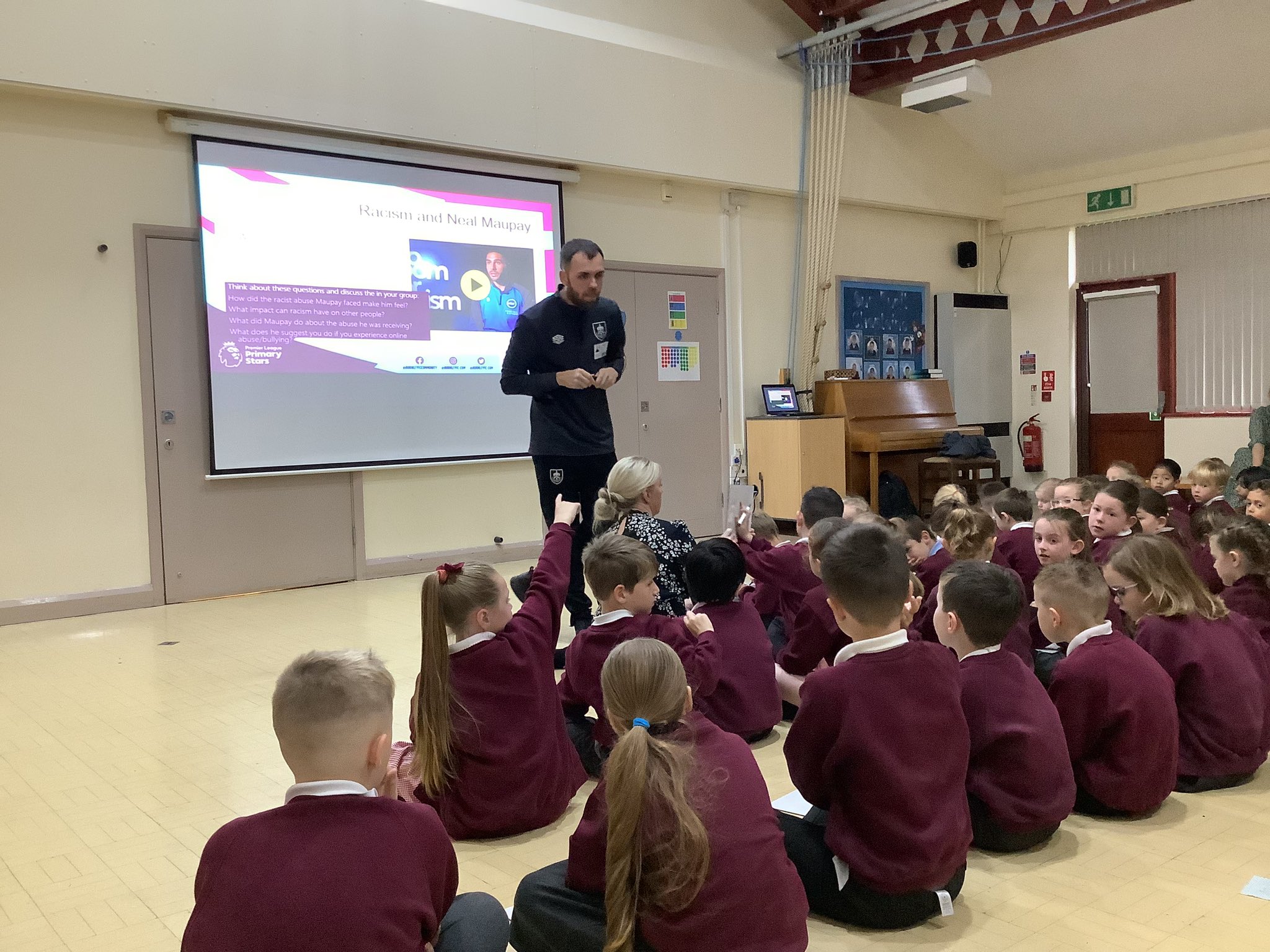
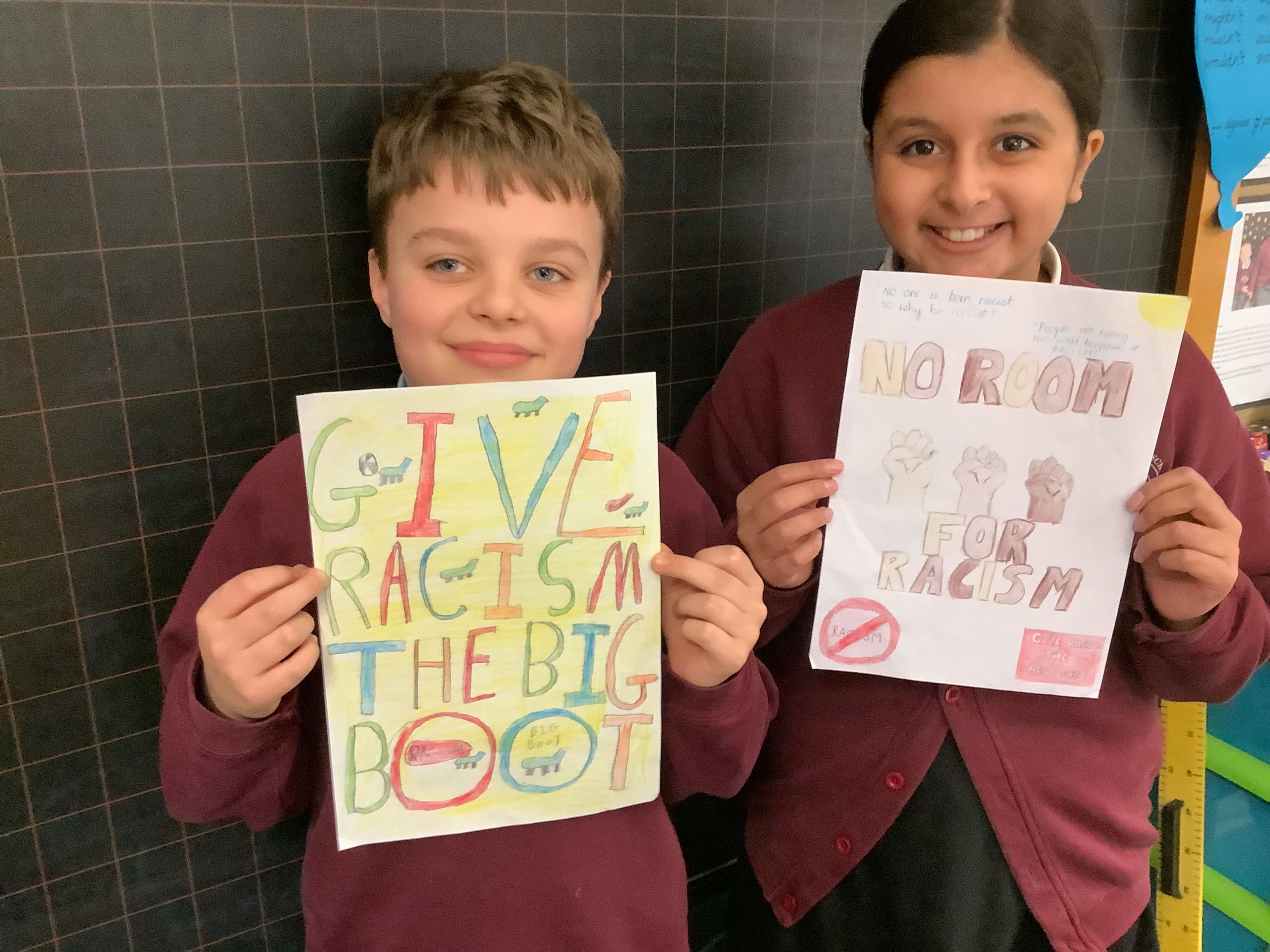
Books that encourage positive and guided discussion of the protected characteristics.
